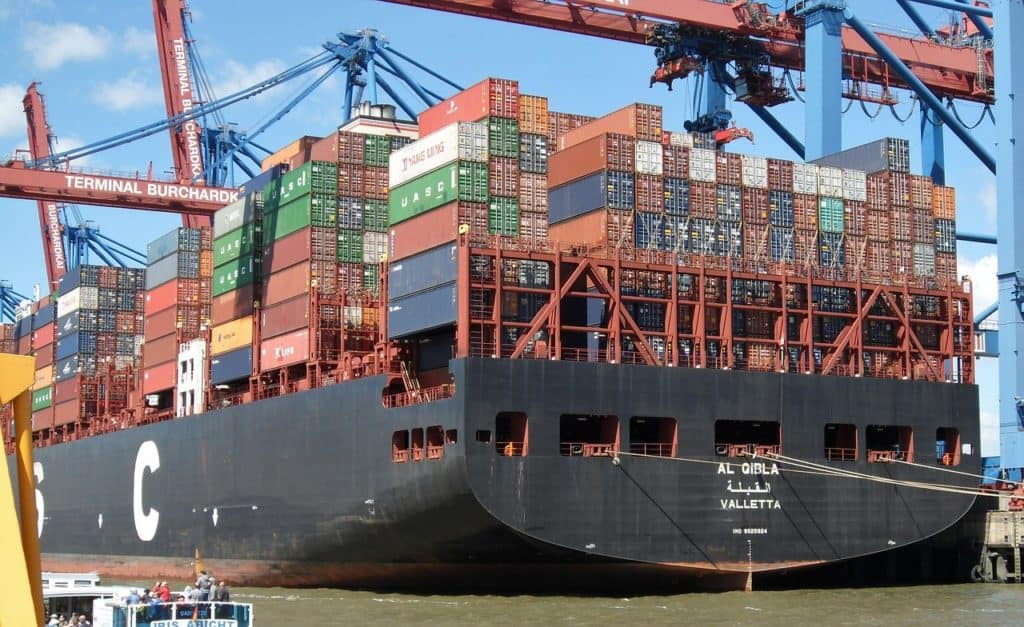Coronavirus lockdown has brutally disrupted India’s supply chain. Even the world supply chain is rattled by the pandemic. Accordingly, WTO fears a phase where the world is inclining towards global food catastrophe. Further, lockdown led to a decline in agricultural food production worldwide, hence the prices may rise steeply.
Indian link to Supply Chain
Primarily, India feeds 1.3 billion of its citizens along with rest of the world. Being the biggest rice exporter and top 10 in other grains as well. Thus, its necessary for the government to pay attention to this sector along with removing any supply chain hindrances. Hence, the government initiated several measures to guarantee that the harvest and other allied activities will not be interrupted in agricultural sector.
Impact of Lockdown on Supply Chain
Even before COVID19 engulfed half the globe, it had a major effect on the trade flow. This is chiefly because the companies working towards a leaner supply chain, cost minimization, and on-time deliveries. However, the measures to safeguard the consignments or any measure in case of a safety catastrophe weren’t formulated. Thus, exposing trade’s vulnerable side which was cruelly violated by COVID 19. Thereby, to avoid the spread of the infection, restrictions were put that led to the disruption of trade deals between countries.

Addressing the Supply Chain Complications
The COVID-19 snag provides few lessons for the international trading companies across the world. Accordingly, it highlights the importance of devising futuristic supply chain modules, that will focus on stress handling capacity rather than just money and time. Thus, the model must rely on active resilience, responsive, and reconfigurable that covers broad diversity suiting multiple countries. Also, the dependency on China for rather mild produce is utter negligence. Subsequently, Indians must adapt production units that reduce dependency.
Few Pointers to Ensure that the Chain does not Completely Break
The major contributor to the Indian supply chain is the agricultural sector. Subsequently, the following points will ensure the smooth flow:
- The officials must handle matters delicately in the rural areas rather than forcing the seed and fertilizer sellers to shut down.
- Spread awareness regarding the COVID agricultural helpline. The helpline will make available ICAR researchers or scientists from universities to help farmers at 1800 180 1551.
- Spread alertness towards social distancing, the state of COVID-19, and importantly farm hygiene.
- The railways must transport the supply produce to avoid supply chain disruption.
- Operational storage facilities, mandis, and allied sectors.
- Decentralization of agriculture, creating seed hubs and green zones, and agro-ecological cultivation are essential steps
- Further, emphasis to formulate a plan to produce enough food inside the city that is sufficient for itself during the times of crisis.
Railways Gearing up to Assist the Restoration of Supply Chain
Currently, when the transport is completely shut, over 788,000 wagons are employed to transport essential commodities. Thereby, ensuring the smooth flow of the supply chain. Out of the total, 515,000 are carrying food grains, salt, sugar, milk, edible oil, onions, fruits, vegetables, petrol, and coal. Further, over 20,400 tonnes of produce have been transported during the lockdown. Thus, the largest road transport network is acting as the lifesaver at this crucial time.
Several Companies to be Operational
Examples set by companies like India Inc, Pidilite Industries, Eveready Industries need to be adapted nationally. Also, to ensure a smooth supply chain, they are functional by using only 50% of the staff and maintaining the guidelines of lockdown. Meanwhile, this will also help maintain the economy as well as to resume work after lockdown exit.
Unsung heroes
Many individuals have gone out of their way to aid at this time of crisis. For instance, Spice Jet CEO Ajai Singh assisted the transportation of a Hazmat from Delhi to Coimbatore to aid the medical staff. Also, Amul picks up supplies from dairy farmers twice every day to avoid supply chain disruptions. Further, air India is planning to launch a cargo flight to transport essential commodities.
The smooth flow of the supply chain is essential for returning to normalcy following the pandemic. With the government, several other factors are striving tirelessly to ensure the restoration of the supply chain.